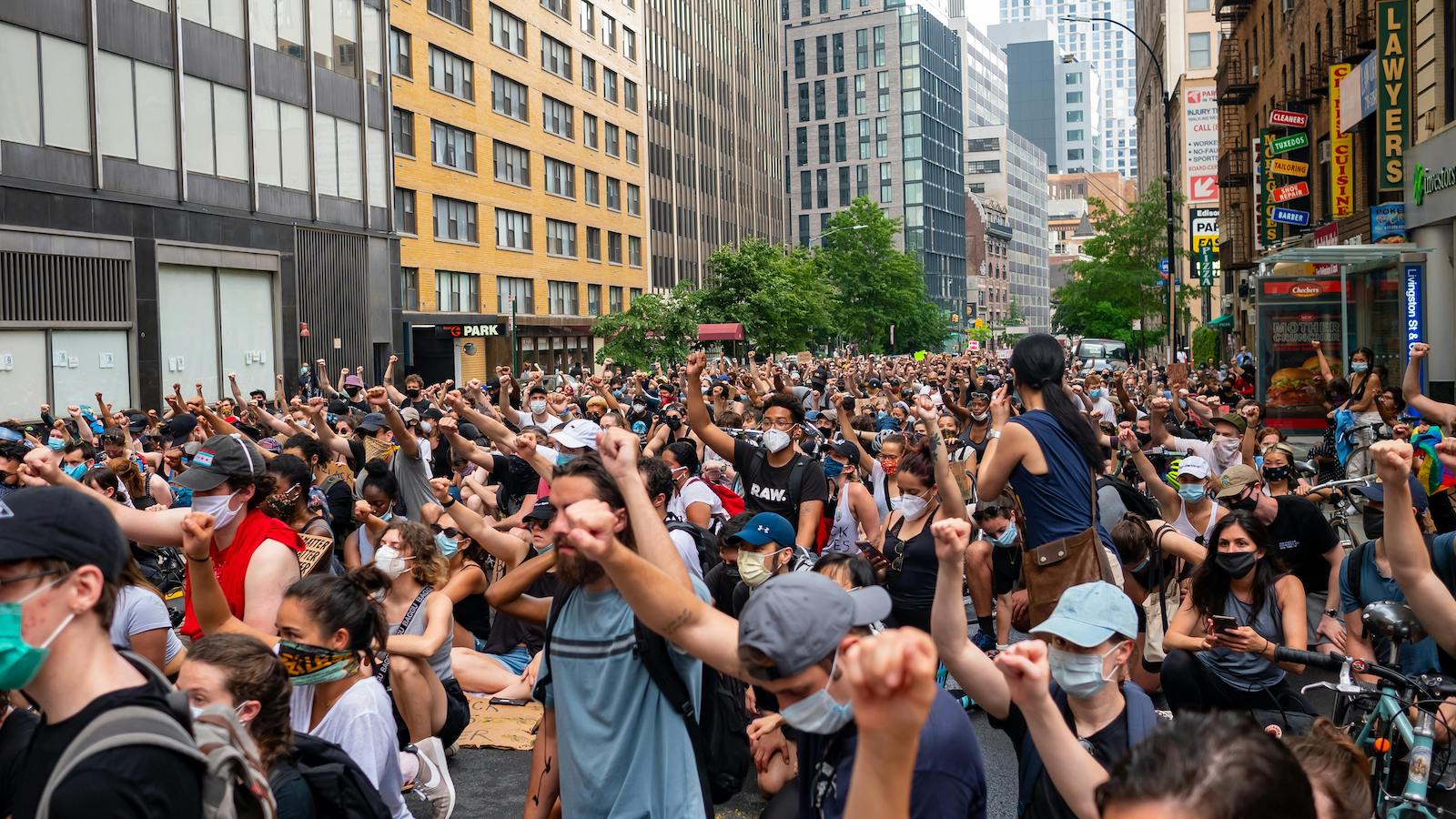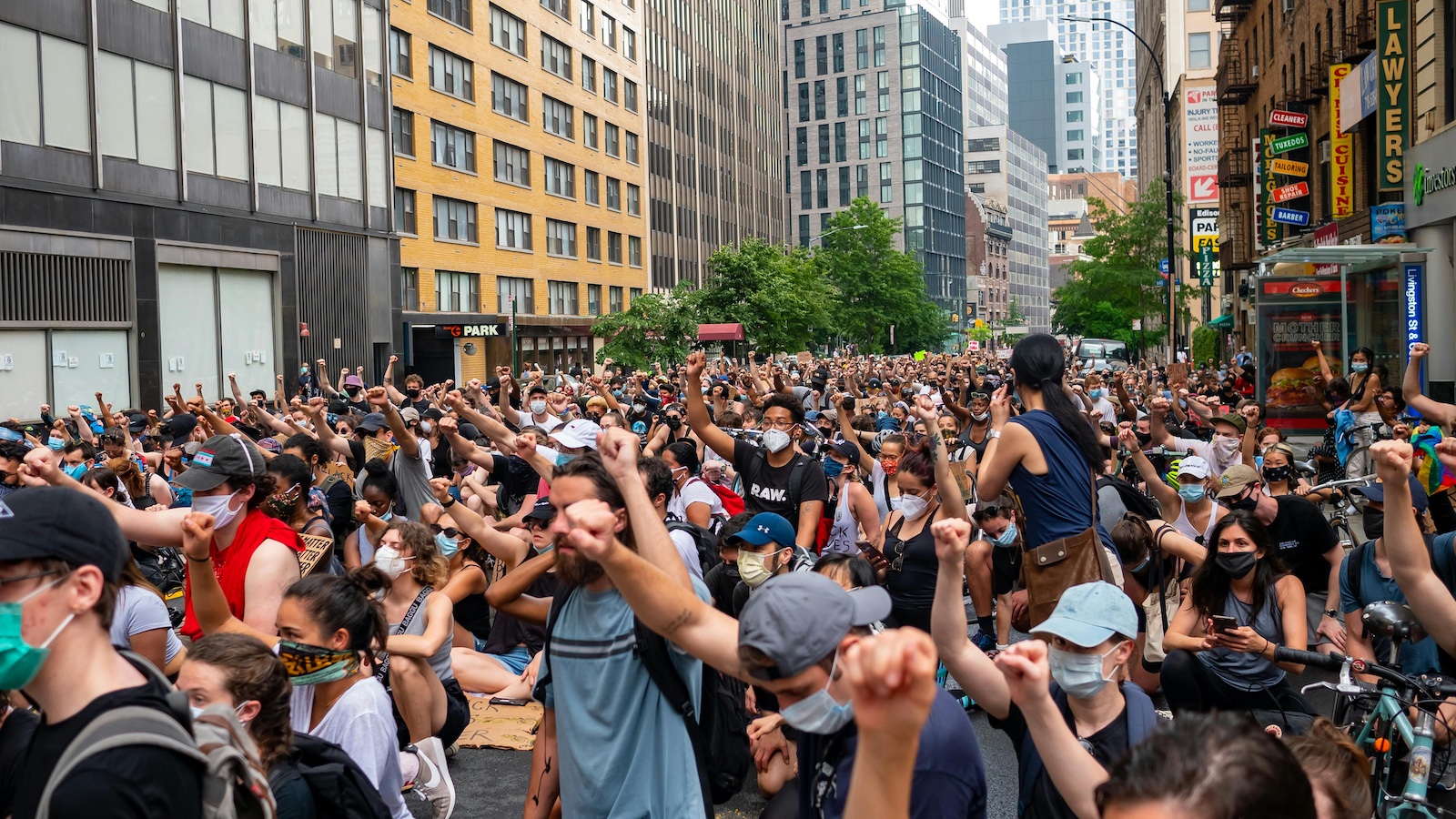With an unprecedented "super-cycle" of elections in 2024, almost half the world’s populations will go to the polls before the year is out. According to a new report from Allianz Commercial, security is a concern in many territories, not only from the threat of localized unrest but because of the wider-reaching consequences of electoral outcomes on foreign policy, trade relations and supply chains.
The headline election will be in the U.S. in November, when a narrow result could inflame existing tensions. The European Parliament elections in June could also deepen divisions, if radical-right parties gain votes and seats. As unrest can now spread more quickly and widely, thanks in part to social media, financial costs from such events for companies and insurers are mounting. Economic and insured losses from just seven civil unrest incidents in recent years cost approximately US$13 billion. With the threat of terrorism also on the rise, and the prospect of greater disruption from environmental activists, businesses will face even more challenges in the next few years and will need to anticipate as well as mitigate evolving risks with robust business continuity planning.
So many elections in one year raise concerns about the fueling of polarization, with tensions potentially playing out in heightened civil unrest. Polarization and unrest within societies are fueled by fear. They undermine trust in institutions and challenge people’s sense of a common purpose built on shared values. We also expect to see increased unrest around environmental issues in the future, not only from activists but from those who are pushing back against government climate mitigation policies.
See also: 20 Issues to Watch in 2024
All eyes on elections in the U.S. and the E.U.
The U.S. presidential election in November is likely to be a close call, with the outcome depending on results in a handful of states. A recent poll shows that more than one third of Americans believe President Biden’s election in 2020 was not legitimate. [Editor's note: No evidence supports their belief.] Widespread disaffection among voters could be exploited by misinformation created by artificial intelligence and spread via social media. Deep fakes, disinformation and repurposed imagery, as well as customized messaging, could galvanize unrest or influence small but potentially decisive parts of electorates.
Many commentators have predicted that European Union elections in June could see a number of states politically shift to the right, with the potential for populist or far-right parties to gain votes and seats, building on a trend seen in 2023. Any success for these parties across Europe could result in growing opposition to E.U. environmental, immigration and human rights policies.
The impacts of a political shift to the right and subsequent policy changes endure long after a political party’s term in office. They fundamentally change societies and public attitudes and make the next electoral shift to the center or left seem drastic, creating the potential for schisms and potentially violent responses from those who feel underrepresented by a regime change.
Environmental activism and terrorism threat expected to rise
Between 2022 and 2023, environmental activism incidents increased by around 120%. An impactful example was the arson attack on an electricity pylon in Germany by a left-wing extremist group. This suspended production at a local Tesla plant in March 2024, leading to economic losses estimated in the hundreds of millions of euros, according to reports. In addition to high-profile protests, a trend toward using more targeted tactics, such as focusing on individuals or politicians, is evident. There is a chance that more environmental protests could escalate from acts of nuisance into larger criminal acts.
The number of deaths from terrorism increased 22% in 2023, and is now at its highest level since 2017, although the number of incidents fell. The major terror attack in Moscow in March is a timely reminder that the risk of politically or religiously motivated terrorism is back on the global agenda, and that the losses can be catastrophic. The primary driver of Islamist terrorism is the radicalization of home-grown perpetrators, which is currently being fueled by the Israel-Hamas war and is leading to an increased risk in the U.S. and Europe. However, government foreign policy is also a big driver of risk, as the Moscow attack proves.
See also: Top Global Business Risks in 2024
Multinational companies show increasing demand for political violence insurance
Political violence can affect businesses in many ways. Those in the immediate vicinity of unrest can suffer material damage to property or assets and business interruption losses, while indirect damage can be inflicted on companies in the form of loss of attraction or denial of access to their premises.
Businesses need to protect their people and property with forward planning, such as ensuring safe and robust business continuity planning is in place in the event of an incident, increasing security and reducing and relocating inventory if likely to be affected by an event. Using scenario planning and tracking risks in areas key to their operations can raise businesses’ awareness of where political violence and civil unrest risks may be intensifying. Companies should also review whether their insurance policy covers the impact of risks such as strikes, riots and civil commotion.








